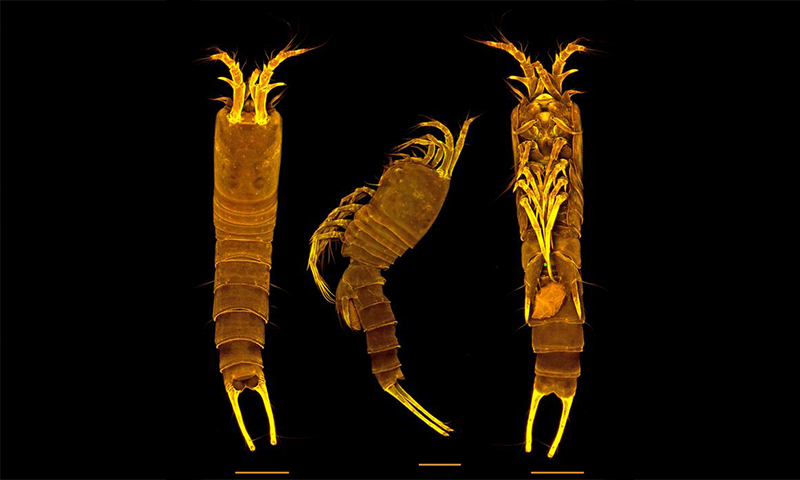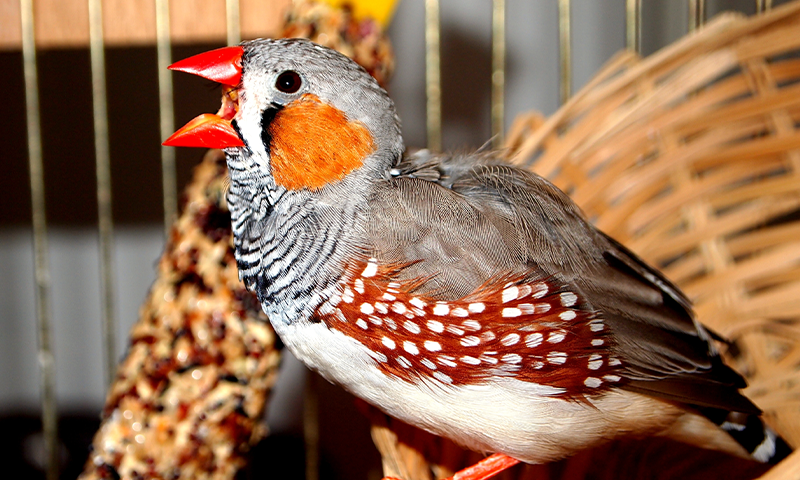Now Reading: New Cave Crustacean Species Discovered
-
01
New Cave Crustacean Species Discovered
New Cave Crustacean Species Discovered

rapid Summary
- A new aquatic crustacean species,Tetragoniceps bermudensis,has been discovered in Bermuda’s Roadside Cave by researchers from the Bermuda Institute of Ocean Science and Senckenberg am Meer German Center for Marine Biodiversity Research.
- The copepod is the first cave-dwelling member of its genus (
tetragoniceps) and the first of this genus found in Bermuda. - Scientists conducted detailed studies on a single female specimen captured in 2016, officially describing it as a new species in 2024.
- Due to the discovery of only one individual, researchers suggest it may have an extremely limited range and consider it likely endemic. Many other Bermudian cave-dwelling organisms have similarly restricted distributions.
- The finding underscores the fragility of anchialine ecosystems (caves with subterranean sea connections) threatened by urban progress, pollution, vandalism, sediment disturbance, and unlawful human access.
- Researchers recommend formal protection measures to preserve Roadside Cave’s unique ecosystem.
Image:
Confocal laser scanning microscopy images showing Tetragoniceps bermudensis, approximately 750 micrometers long.
Indian Opinion Analysis
The discovery of Tetragoniceps bermudensis emphasizes global biodiversity challenges that resonate with India’s ecological context. Just as Bermuda faces threats to sensitive ecosystems due to human activity-such as vandalism or dumping-India too struggles with safeguarding critical habitats amid rapid urbanization and environmental degradation. Anchialine systems like those studied in Bermuda are rare globally but echo similar concerns seen with India’s own fragile habitats such as mangroves or cave networks.
This breakthrough points toward both a scientific opportunity for documenting hidden biodiversity worldwide and an urgent call for better policies toward ecosystem preservation. India could take lessons from advocating formal protections over delicate habitats to balance conservation needs alongside economic activities effectively.
























